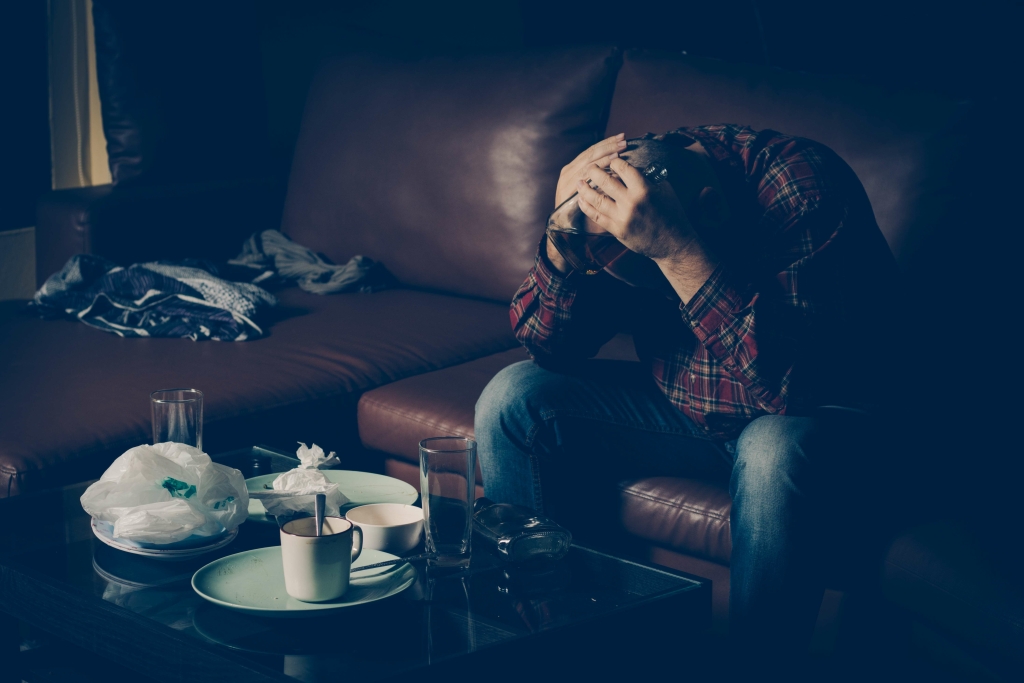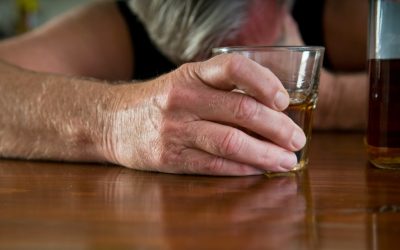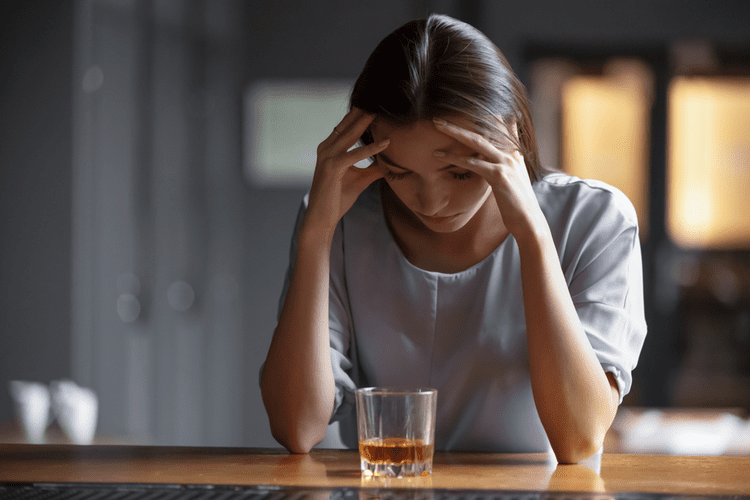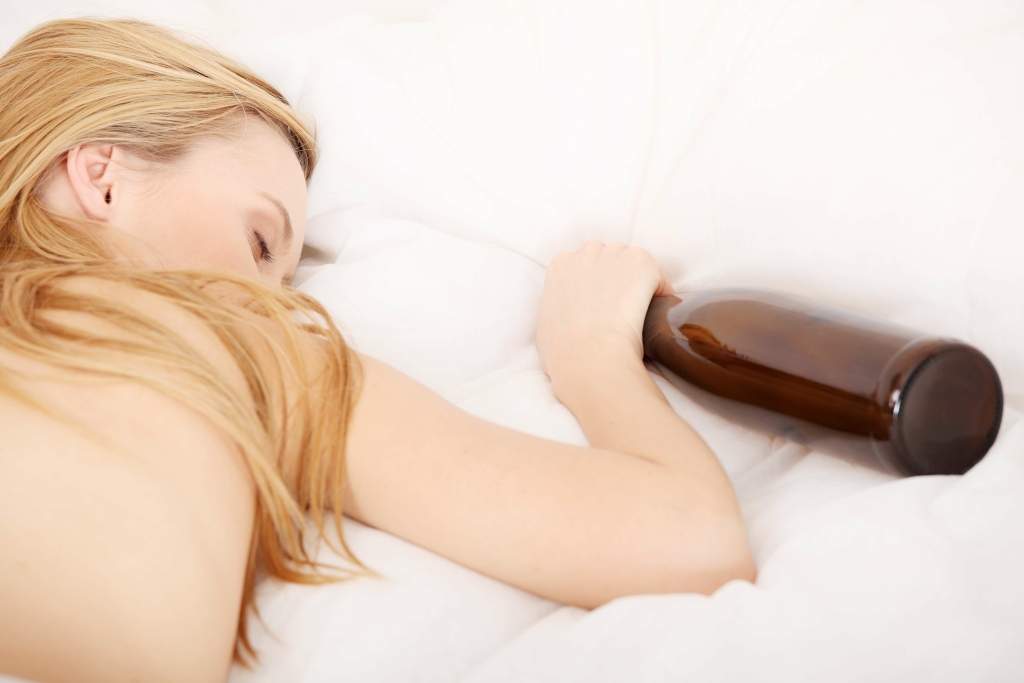Rebuilding a relationship after rehab takes time, patience, and effort from both sides. Whether you are the person exiting rehab or the partner supporting them, reconnecting can be challenging as both establish new boundaries, expectations, and roles. Together, you can find each other again and build a stronger, more supportive relationship. Yes, it is possible for two addicts to have a healthy relationship, but it comes with significant challenges.
Understanding the Detox Process in a Luxury Treatment Setting
Acknowledging specific wrongdoings and expressing genuine remorse is essential in this process. It’s important to recognize that not everyone may be ready to accept amends right away; patience is key. Substance use may be part of your story, but it doesn’t have to be the rest of it. Sustainable recovery is possible and the best version of yourself is waiting at our Atlanta and Savannah, Georgia addiction recovery centers.
How to make amends and rebuild trust in relationships
Call Family Interventions today to talk with one of our interventionists. Remind yourself that being supportive does not mean sacrificing yourself. Supporting a partner in recovery also means listening without trying to fix everything.
Making Amends and Acknowledging Past Actions
Take things one step at a time and remind yourself that healing isn’t about perfection, but progress. Encouraging and assisting with access to treatment centers and support groups reinforces commitment to sobriety. Demonstrating empathy and maintaining open, honest conversations through active listening can create a safe space for sharing feelings. Addiction profoundly influences personal relationships by changing how individuals behave and interact with loved ones. While under the influence, a person may engage in lying, manipulation, or risky behaviors, which erodes trust and damages emotional bonds.
- Additionally, these groups can provide tools to navigate the complexities of relationships in recovery, ensuring that both the individual and their family can grow together.
- Some people in recovery are OK being aroundalcohol, while for others it is too tempting.
- According to 2018 research, supportive relationships with family, spouses, and sponsors help those working toward sobriety sustain their recovery.
- Recovery from substance use disorder can cause many changes in your marriage — not all of them positive.
- A combination of professional guidance, peer encouragement, and nurturing activities is necessary to rebuild self-esteem.
How to maintain a healthy lifestyle during recovery
Establishing a foundation of open and honest communication is vital in mending relationships affected by addiction. This includes discussing past behaviors, feelings, and experiences openly, which allows both parties to understand each other better and to establish a new level of trust. Using ‘I’ statements can help mitigate defensiveness and clarify emotions without placing blame. Regular check-ins provide a space to share progress and setbacks, reinforcing the commitment to recovery and nurturing the relationship. Open and honest communication facilitates a safe space for discussions about feelings and fears surrounding trust. Respecting boundaries allows loved ones to engage at their own pace.
If you are unsure how a former acquaintance will receive a phone call, or you want some time to consider what you would like to say, send an e-mail or a letter. When you are ready, tell the person you are in or have completed your addiction treatment, as the case rebuilding a relationship after your partner gets clean and sober may be. Let them know you are in the process of getting your life back on track and that you would like them to be part of it. Getting clean and sober is essential to having a good, honest relationship with children of any age. The younger the child, the easier it will be to get the relationship back on track. Trust is the foundation of the relationship between romantic partners.
- Establishing mutual trust may take more effort, as past experiences with substance use could affect perceptions in the relationship.
- Addressing these triggers ensures individuals can navigate their social interactions without compromising their recovery.
- You may also find that some people are open to dating someone who’s sober, but they may eventually change their mind down the road.
- However, healing often includes finding ways to practice compassion, self-forgiveness, and forgiving others.
- Reach out today to connect with a mental health expert and take the first steps towards a brighter future.
Make amends, forgive, and accept that trust will come with time to those who are patient. Staying clean builds trust in and of itself— one of the biggest amends is just living well and staying clean. Mike started going to therapy and invited Clara to join a few sessions. If you are ready for addiction treatment in Pennsylvania, our treatment center should be at the top of your list. Sober Life San Diego helps people recover from addiction and live fulfilling lives.
While this may be the case for some people in recovery, it’s not the case for everyone. Some people in recovery can handle themselves perfectly well around alcohol and may be hurt if they are not invited places simply because alcohol will be present. This assumption can be incredibly hurtful when coming from you, their partner. On the flip side, it’s also important not to assume someone in recovery is comfortable around alcohol. In a relationship, it’s not difficult to be honest and have a quick conversation in order to avoid any consequences of assumptions. Dating too soon in recovery can cause many people to replace one addiction with another.
Every small step forward matters and helps create a foundation where trust can grow again. Let’s break down the key steps to make rebuilding trust feel more manageable. Open communication about emotional needs is crucial in nurturing healthy relationships during recovery. Expressing feelings, fears, and aspirations can strengthen bonds and foster understanding. By discussing individual needs and limits, partners can collaboratively establish boundaries that uphold both parties’ mental health and sobriety.
Individuals in recovery must share their journey openly, helping loved ones understand their struggles and intentions. Acknowledging past mistakes while consistently demonstrating commitment to change can help restore faith in relationships. Rebuilding relationships after addiction involves a series of deliberate actions and sincere intentions. First, engaging in therapy, whether individual, family, or couples therapy, can provide a structured environment to address the emotional scars left by addiction.
These are signs of an unhealthy relationship that should not be ignored. Friends and family members need to see you “walking the walk” to demonstrate that you are serious about your recovery. This urge to help means that parents may feel angry, hurt, and betrayed by an adult child living with a substance abuse issue. Their adult child may still lie and steal from them despite the help that the parents have provided since they’re compelled to feed their addiction. Someone in the throes of an active addiction may lie about how much they are drinking, how many drugs they are taking, or even that they are taking drugs.
Utilize improved communication skills to engage positively with those you aim to reconcile with. Seek opportunities to express gratitude towards those who have been there for you, reinforcing those bonds. In summary, establishing boundaries strengthens trust and improves the overall quality of relationships as both parties navigate the challenges of recovery together. If there’s something about your partner’s history or their recovery that you are wondering about, just ask.
Therapy helps loved ones understand addiction’s impact and find new ways to support recovery without losing themselves in the process. With time and effort, family therapy can strengthen emotional bonds and create a healthier, more supportive relationship for everyone involved. Successful relationship rebuilding also requires consistent effort, honesty, and setting healthy boundaries. Making amends and taking responsibilities for past actions, with guidance from professionals, helps to restore trust.






